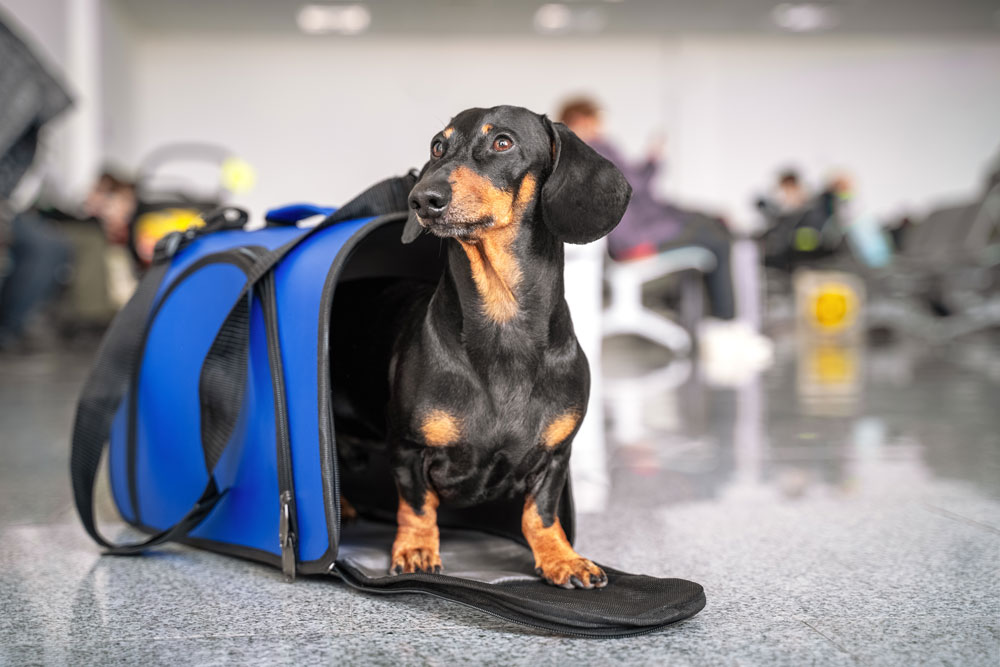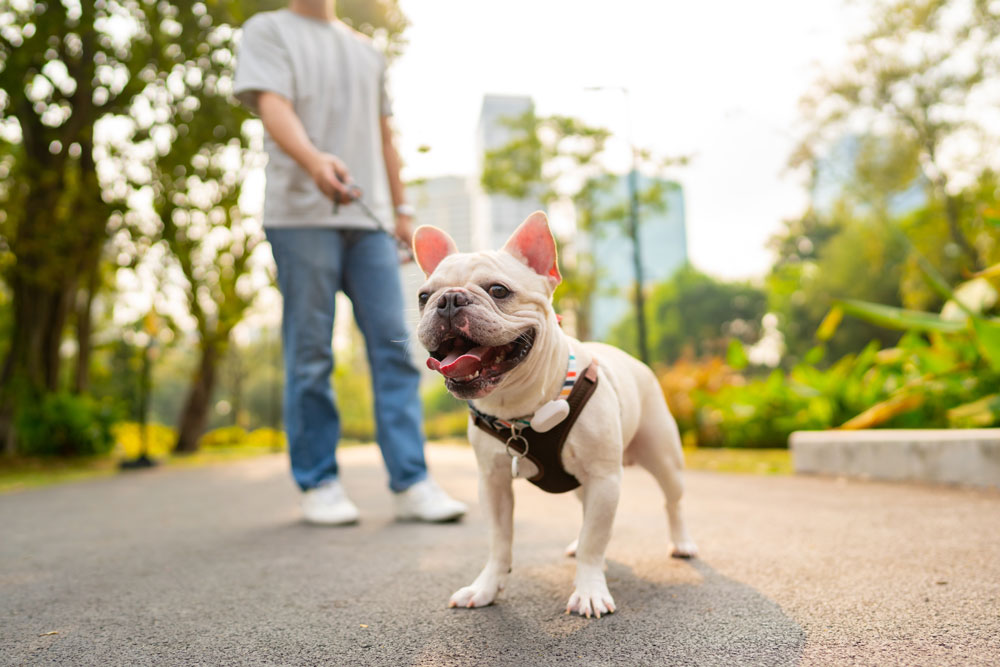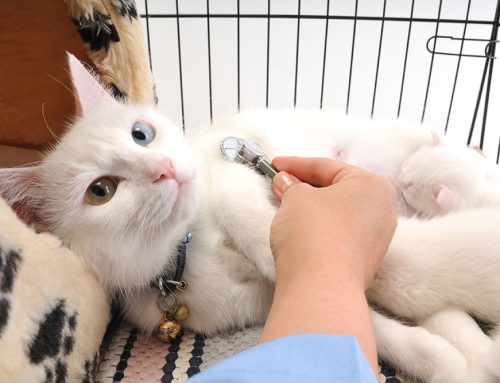Traveling with your pet can be a rewarding and enriching experience, but it also exposes them to new environments and health risks. Whether you’re heading out on a road trip or flying overseas, understanding the potential hazards your pet may encounter is essential. At Skyway Animal Hospital, we’re committed to helping you prepare for safe, healthy adventures by offering guidance on disease prevention and travel best practices.
Key Takeaways
- Know the diseases pets may be exposed to while traveling
- Prepare your pet with preventive care and vaccinations
- Recognize symptoms that may appear during or after travel
- Understand when to seek veterinary attention
Travel-Related Diseases in Pets
Heartworm Disease
Heartworm disease is caused by parasitic worms transmitted through mosquito bites and primarily affects dogs. It’s especially common in warm or humid climates and can become life-threatening if untreated.
Symptoms:
- Persistent coughing
- Difficulty breathing
- Lethargy and fatigue
Prevention:
- Administer year-round heartworm prevention medication
- Schedule regular veterinary checkups to monitor heartworm status
Learn more:
Canine Heartworm Prevalence Map – CAPC
Canine Preventive Guidelines – AVMA/AAHA
Leptospirosis
Leptospirosis is a bacterial infection transmitted through contaminated water or soil. It’s especially prevalent in warm, wet environments and can also infect humans.
Symptoms:
- Fever and chills
- Vomiting and diarrhea
- Muscle pain and stiffness
Prevention:
- Vaccinate your pet before travel to high-risk regions
- Prevent your pet from drinking from puddles or stagnant water
Learn more:
Puddle-Borne Pathogens: A Guide to Leptospirosis – AAHA
Tick-Borne Diseases
Areas with high tick populations—such as forests or rural landscapes—can expose pets to diseases like Lyme disease, Ehrlichiosis, and Anaplasmosis.
Symptoms:
- Fever and lameness
- Fatigue and appetite loss
- Swollen joints or lymph nodes
Prevention:
- Apply flea and tick preventatives before and during travel
- Perform regular tick checks, especially after outdoor activity
Gastrointestinal Infections
New environments bring unfamiliar bacteria and viruses. Pets can develop gastrointestinal infections from contaminated food, water, or surfaces.
Symptoms:
- Diarrhea and vomiting
- Abdominal pain
- Loss of appetite and lethargy
Prevention:
- Provide clean, bottled or filtered water
- Avoid feeding unfamiliar or questionable food sources
Rabies
Rabies is a fatal viral disease that affects the nervous system and is transmitted through bites or scratches from infected animals. It remains a serious concern in regions with high populations of stray or wild animals.
Symptoms:
- Sudden behavioral changes
- Excessive drooling, confusion
- Seizures or paralysis
Prevention:
- Keep rabies vaccinations current, especially for international travel
- Read up: What to Do If You Encounter a Wild Animal – AAHA
Preparing for Safe Travel with Your Pet
Health Preparations
Veterinary Check-Up
Before any trip, schedule a wellness exam at Skyway Animal Hospital to ensure your pet is fit for travel. We’ll review vaccination records, prescribe preventive medications, and help you navigate travel health requirements.
Helpful Links – Skyway Animal HospitalTravel regulations and vaccine requirements:
Pet Travel – USDA APHIS
Prevention Medications
Ensure your pet is up to date on heartworm, flea, and tick prevention. Depending on your destination, additional vaccines may be recommended.
Researching Travel Health Risks
Know the Regional Risks
Some areas, especially international destinations, may have specific disease risks or entry requirements for pets. Research ahead to understand what’s needed and what to watch for.
During Travel: Keeping Your Pet Safe
Hydration & Comfort
Provide access to fresh water at all times, especially on long car rides or flights. A familiar blanket, bed, or toy can help reduce stress and keep your pet calm.
Monitor Behavior
Watch for any sudden changes in behavior, appetite, or energy levels. If your pet becomes lethargic, vomits, or develops diarrhea during travel, seek veterinary care as soon as possible.

After Travel: Post-Trip Pet Care
Veterinary Follow-Up
Once home, consider scheduling a post-travel health check with Skyway Animal Hospital. We can help identify and treat any conditions your pet may have picked up during the trip.
Watch for Symptoms
Keep a close eye on your pet in the days following your trip. Symptoms like fever, coughing, loss of appetite, vomiting, or unusual behavior may signal a problem.
Traveling with your pet can be a wonderful experience when done with the right precautions. By staying informed, maintaining preventive care, and scheduling timely veterinary visits, you can ensure your furry companion remains healthy and happy on the road—and when you return.
For more personalized guidance or to book a pre- or post-travel exam, contact us at Skyway Animal Hospital today!







Leave A Comment